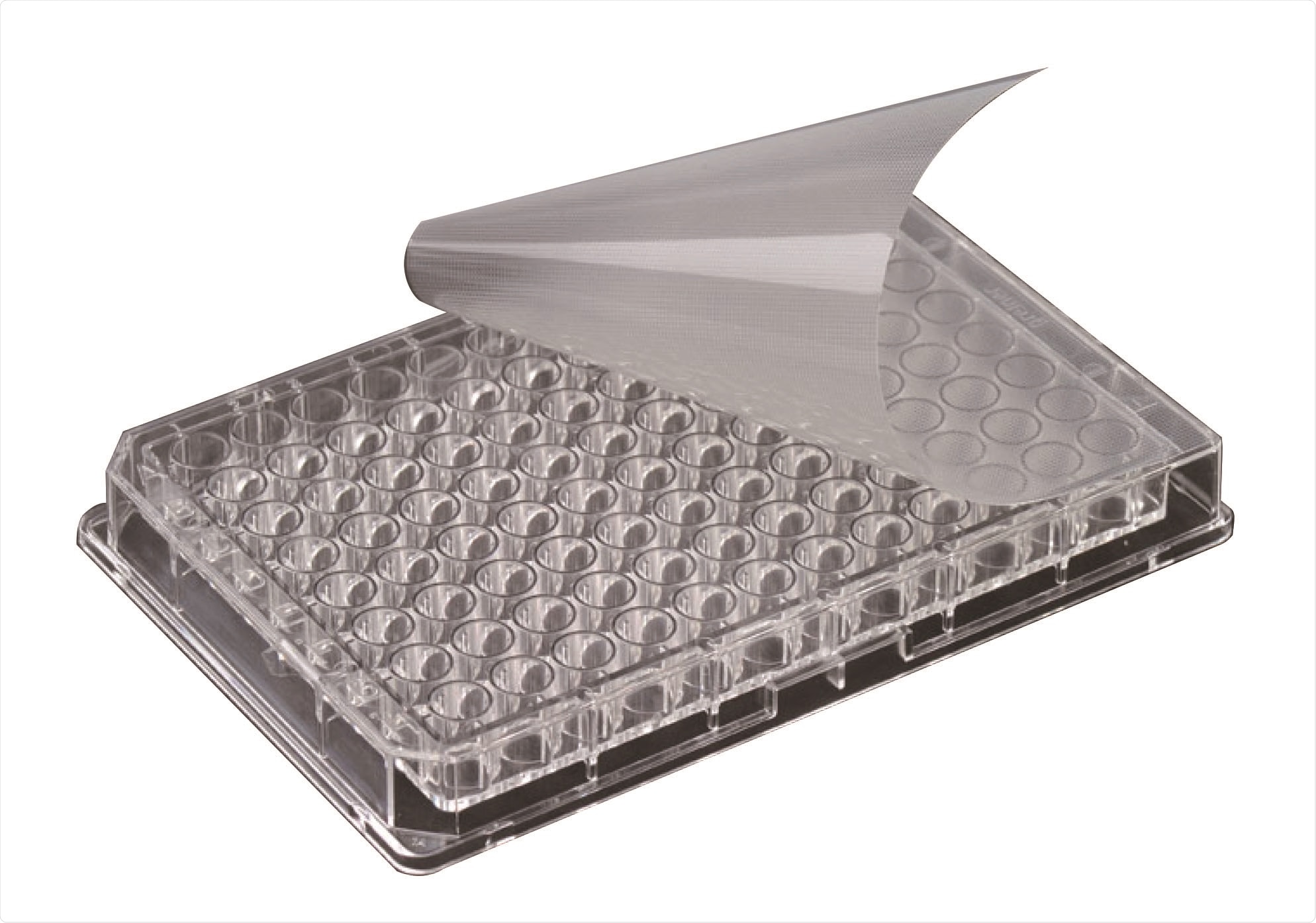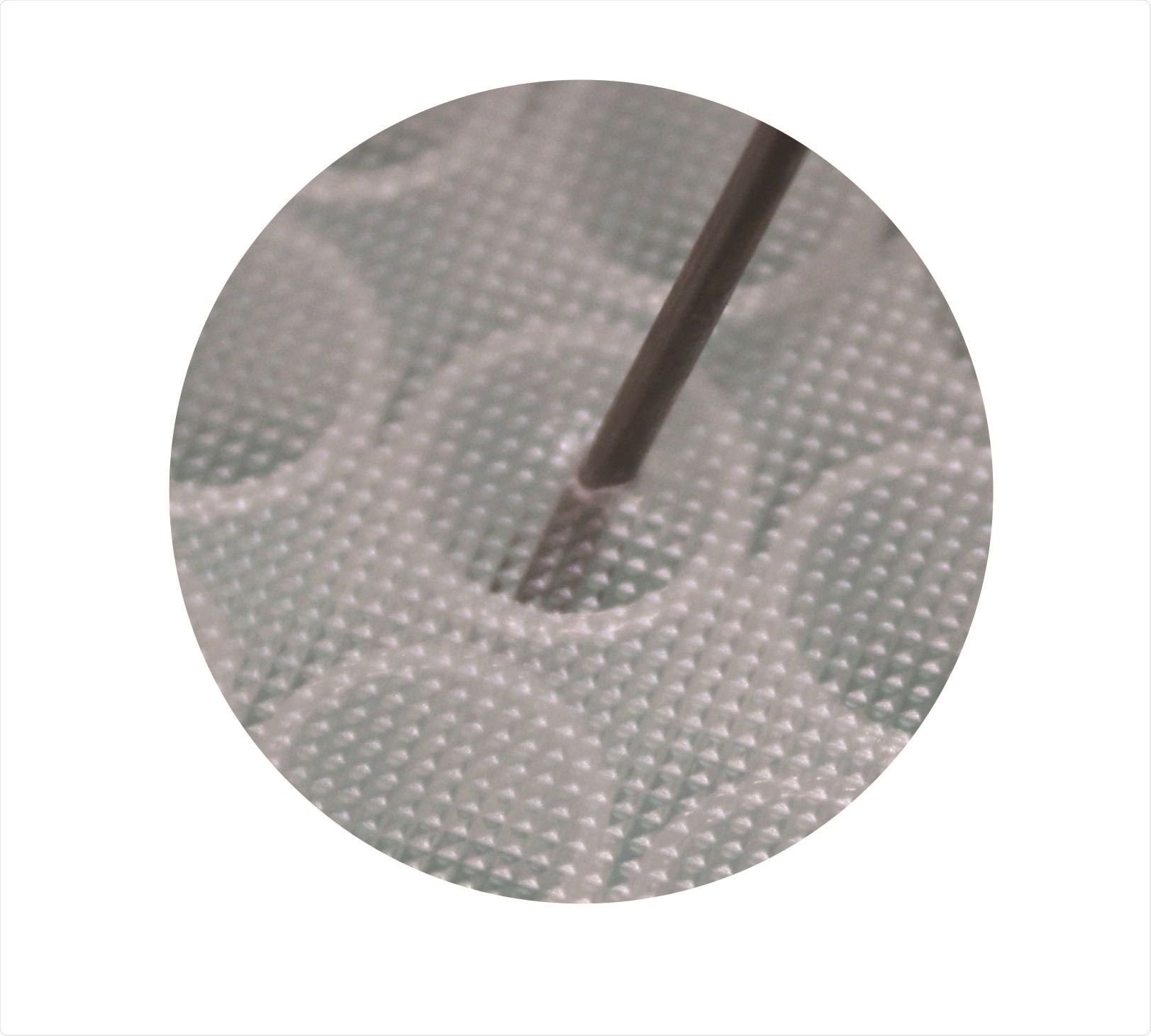RAPID EPS seals from BioChromato Inc. are designed for scientists looking to prevent contamination issues and autosampler needle clogging when accessing samples stored in 96-well microplates ready for LC/MS analysis.

For LC/MS users, a key criterion for an effective microplate seal is its resistance to solvents such as Acetonitrile, Methanol and DMSO which are commonly used in experiments and analysis. A new application report is available that compares the organic solvent resistance of RAPID EPS seals with 3 other traditional plate seals. This comparative evaluation was based on LC/MS analysis of the resultant eluent after soaking each seal in these different solvents. The results clearly show the higher organic solvent resistance of RAPID EPS compared to the other seals where the solvents extracted siloxane out of the silicon based adhesive used by these traditional seals. By comparison, RAPID EPS seals that use a synthetic rubber adhesive to create a high integrity, air tight seal with microplates, showed no contamination in the eluents.

In addition, the unique construction of BioChromato's RAPID EPS seal does not leave particulate material when pierced, further safeguarding your samples from contamination and eliminating potential harmful effects to your LC/MS autosampler. RAPID EPS seals are proven to offer high integrity microplate sealing over a working temperature range of -80°C to 80°C.
For further information on Rapid EPS seals please visit https://biochromato.com/plate-and-seals/eps/ or contact BioChromato Inc. on +81-466-23-8382 / [email protected] / [email protected] / [email protected]. To download a copy of the application report please visit www.bicr.biz/wp/wp-content/uploads/EPS_MS_Data_vo2_20150303.pdf